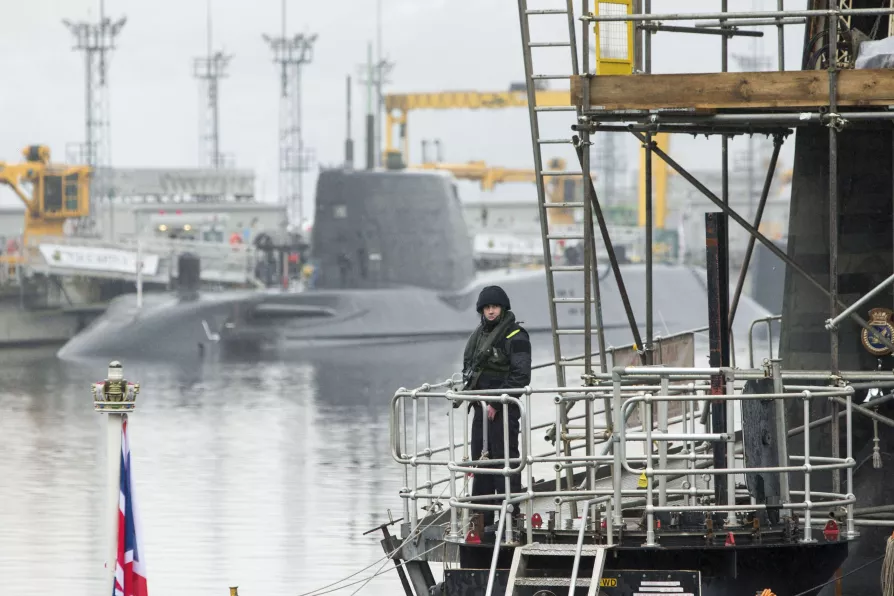Channel 4’s Dirty Business shows why private companies cannot be trusted with vital services like water, says PAUL DONOVAN

 MACHINERY OF DEATH: A member of the armed services on the deck of Vanguard-class submarine HMS Vigilant, one of the UK’s four nuclear warhead-carrying submarines
MACHINERY OF DEATH: A member of the armed services on the deck of Vanguard-class submarine HMS Vigilant, one of the UK’s four nuclear warhead-carrying submarines
SO, the world we want to see! For the Campaign for Nuclear Disarmament, we want a peaceful, just, sustainable and nuclear-free world. But, given where we currently are, how can we secure such a world?
From CND’s perspective, central to this question is overcoming the major obstacle — which is US global dominance.
Since the US atomic bombing of Hiroshima and Nagasaki in 1945, the US has pursued a military doctrine that allows no rival economic or military power to emerge that can challenge it.

JENNY CLEGG reports from a Chinese peace conference bringing together defence ministers, US think tanks and global South leaders, where speakers warned that the erosion of multilateralism risks regional hotspots exploding into wider war

Speaking to a CND meeting in Cambridge this week, SIMON BRIGNELL traced how the alliance’s anti-communist machinery broke unions, diverted vital funds from public services, and turned workers into cannon fodder for profit












